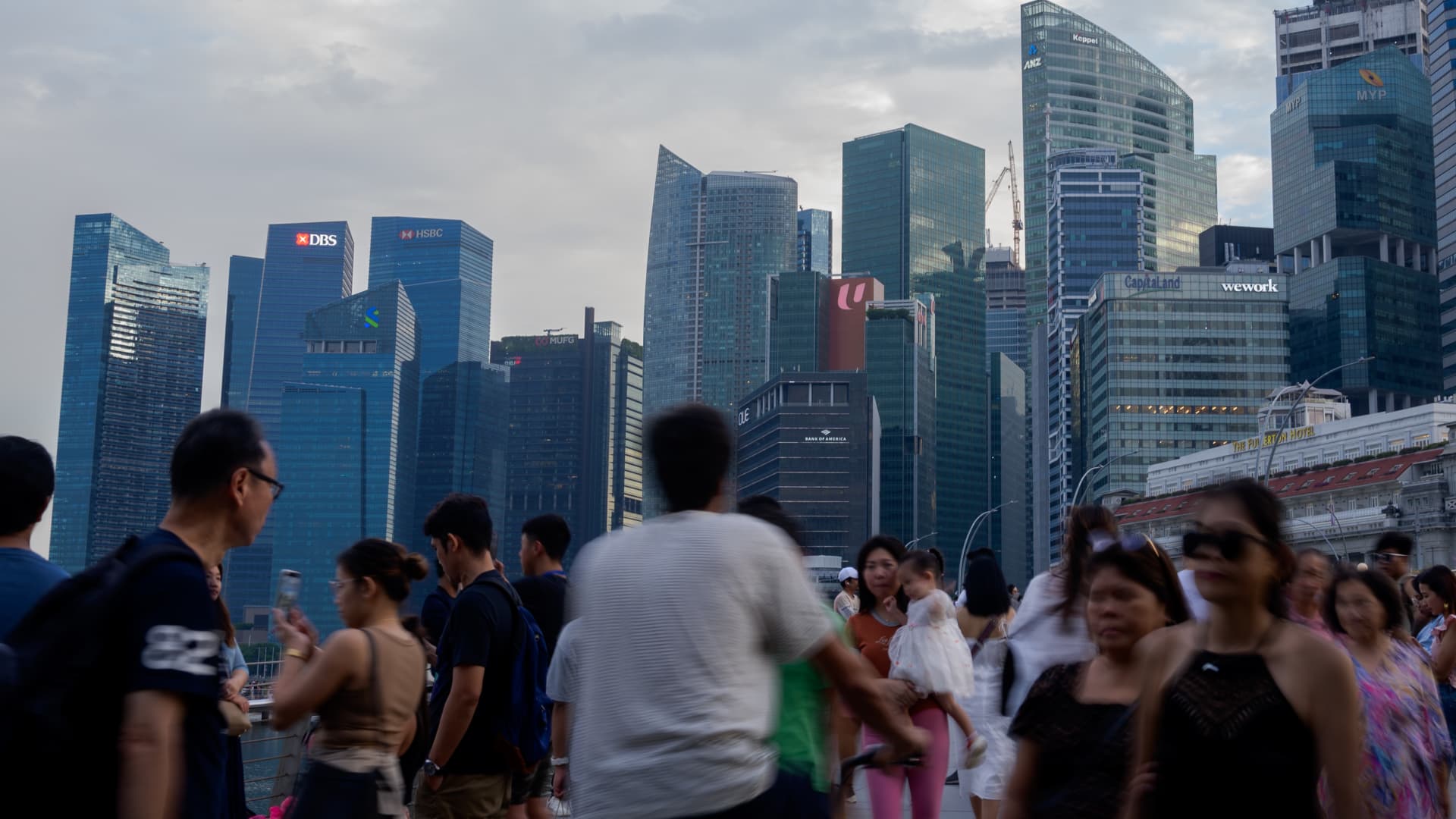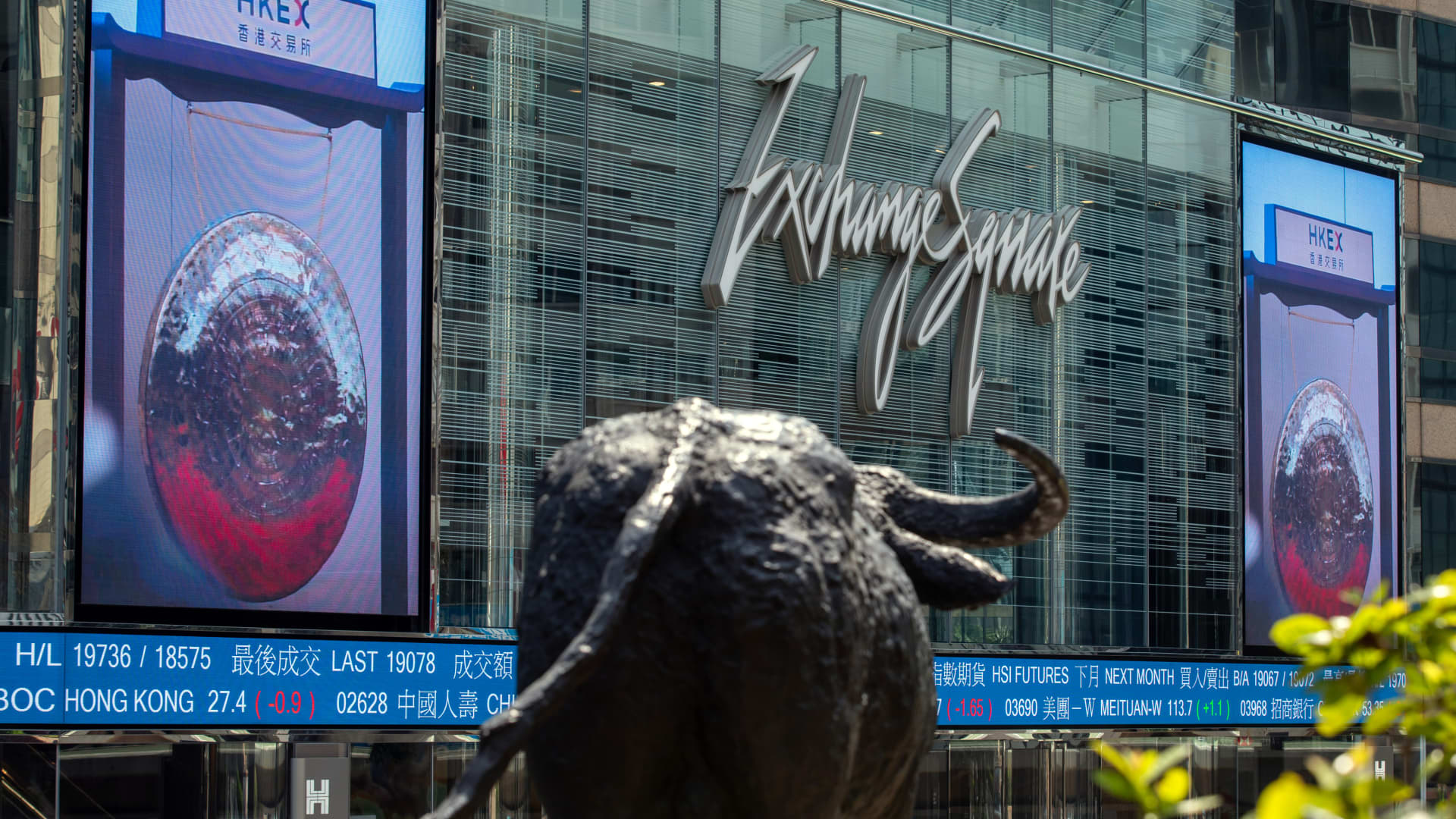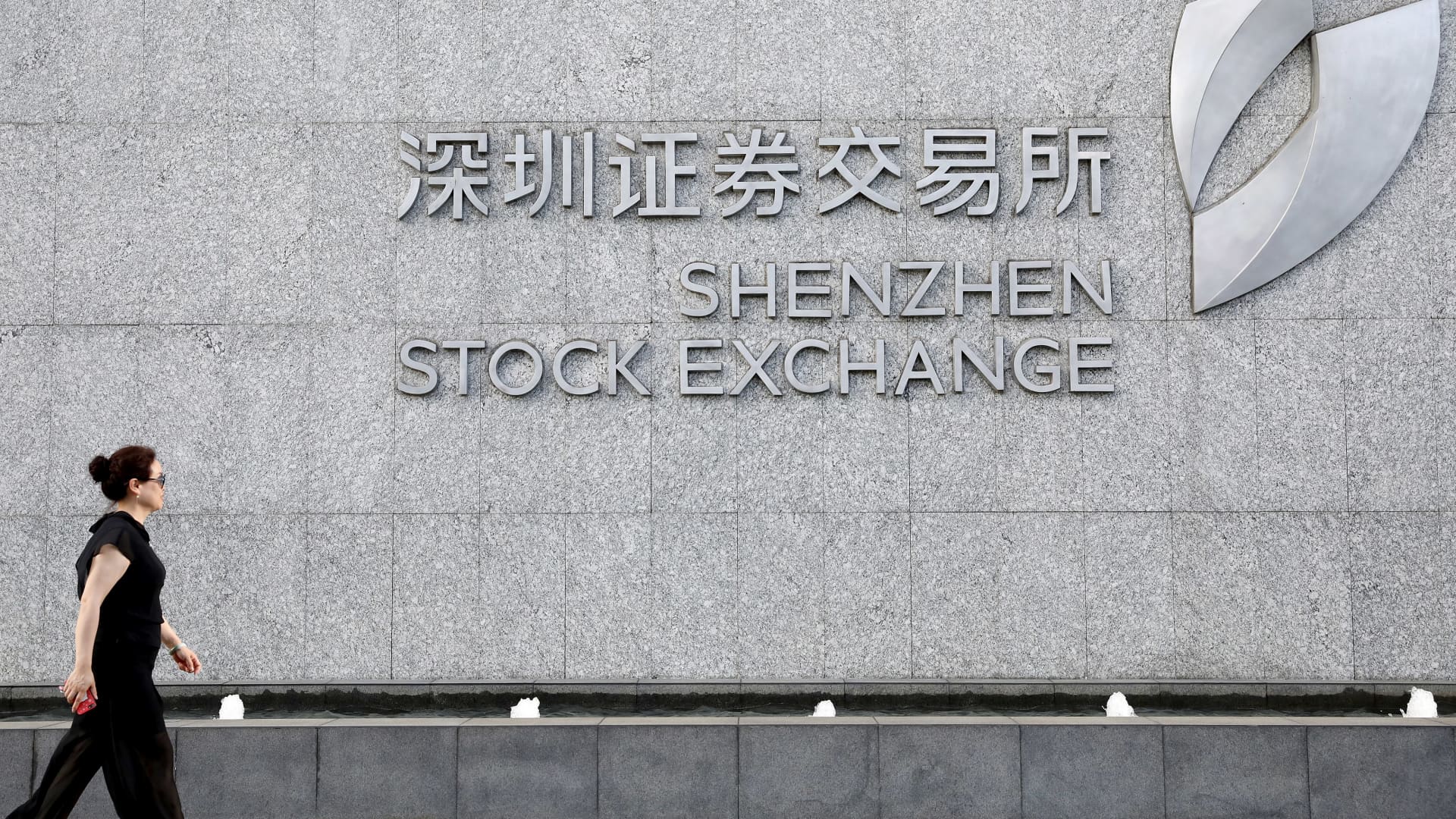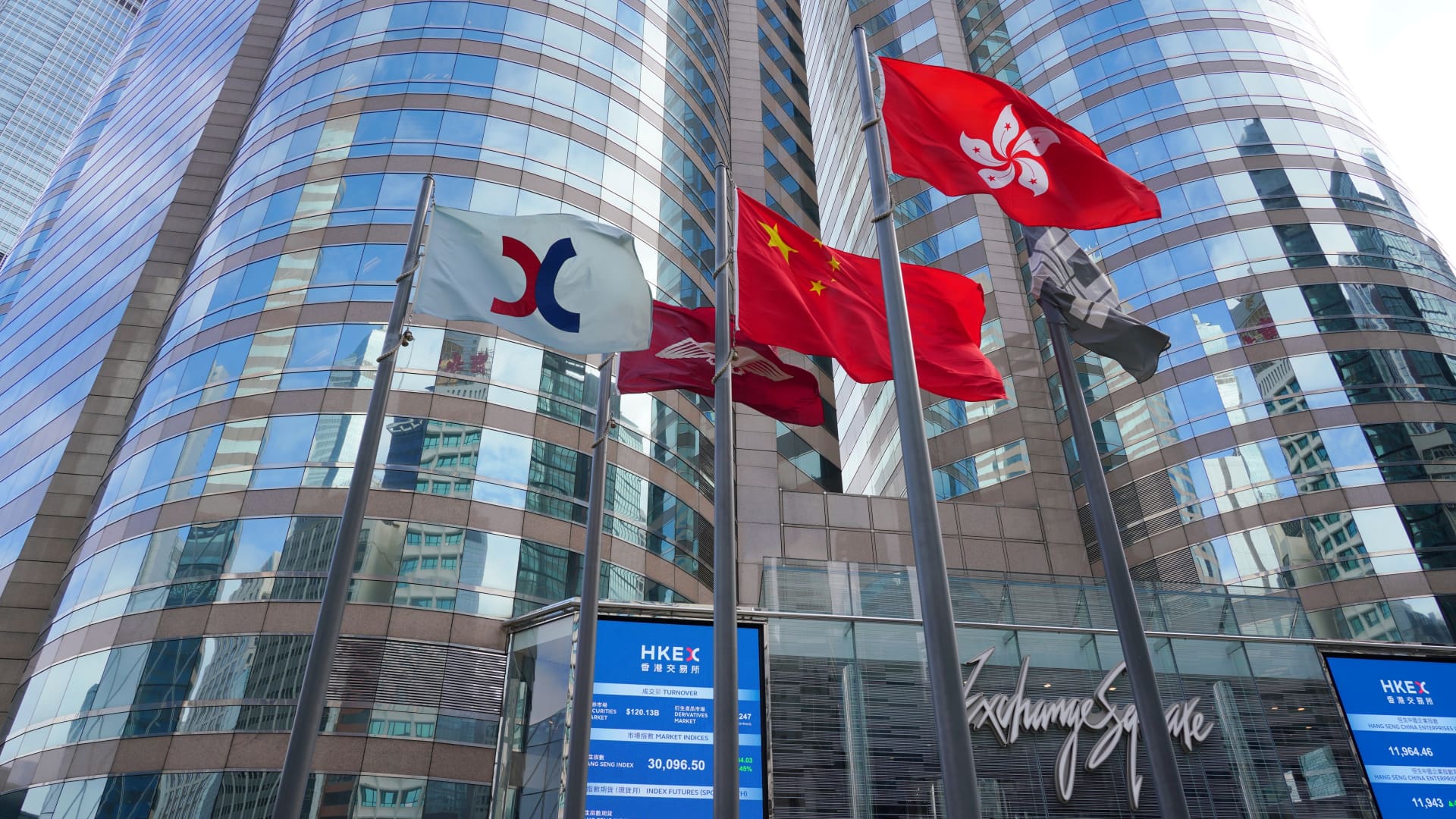Here are the world's most expensive cities to live in for 2023—Singapore tops the list again
This is the ninth time in 11 years that Singapore topped the list, while Zurich moved up five positions from last year.

Singapore, along with Zurich, is the most expensive city to live in, according to the Economist Intelligence Unit.
Joseph Nair | Nurphoto | Getty Images
Singapore has yet again been ranked as the most expensive city to live in, sharing the top spot with Zurich this year, according to the Economist Intelligence Unit.
This is the ninth time in 11 years that Singapore topped the list, while Zurich jumped from its sixth place ranking last year.
New York, which shared the top spot with the Southeast Asian nation last year, dropped to third place, sharing the spot with Geneva, the EIU reported in its twice-yearly Worldwide Cost of Living survey.
The survey was conducted from Aug. 14 to Sept. 11 this year, comparing over 400 individual prices across more than 200 products and services in 173 cities.
The research firm said Singapore clinched its top spot due to the high cost of groceries, alcohol, clothing, and owning a private vehicle. A strong currency and high prices for household items and recreational activities drove Zurich's climb to No.1.
Similar to Hong Kong which ranked fifth, Singapore is a small city-state that has a successful financial center, Syetarn Hansakul, senior analyst at the EIU said.
"So naturally when you have limited space with many high paying professionals, there is a certain degree of demand pull inflation that compete for housing and other resources," Hansakul told CNBC's "Squawk Box Asia" on Thursday.
EIU highlighted that many cities continue to succumb to steeper prices as a result of high inflation, with prices rising by 7.4% year-on-year in local currency terms for more than 200 frequently used goods and services.
While this is 0.7 percentage points lower than last year's rate, it still remains higher than the trend from 2017 to 2021.
Inflation in Asia is relatively lower than the rest of the world, which explains why only two Asian cities placed in top 10, Hansakul highlighted.
"The world average increase in cost of living in 2023 is 7.4%. But in Asia, that increase on average is only 3%," Hansakul said, adding that many governments in Asia have been able to keep prices in control compared to those in the U.S. and Europe.
EIU said it expects inflation to continue to decelerate next year, but warned that any further escalation in the Israel-Hamas war could drive up energy prices and that stronger-than-expected El Niño conditions could push food prices even higher.
Weak yuan and yen
Among the biggest decliners in the EIU list were Chinese and Japanese cities that were dragged down by the weakening Chinese yuan and Japanese yen.
Chinese cities Nanjing, Wuxi, Dalian and Beijing all dropped more than 25 spots, while Tokyo and Osaka in Japan plummeted 23 and 27 spots, respectively.

 Lynk
Lynk 































